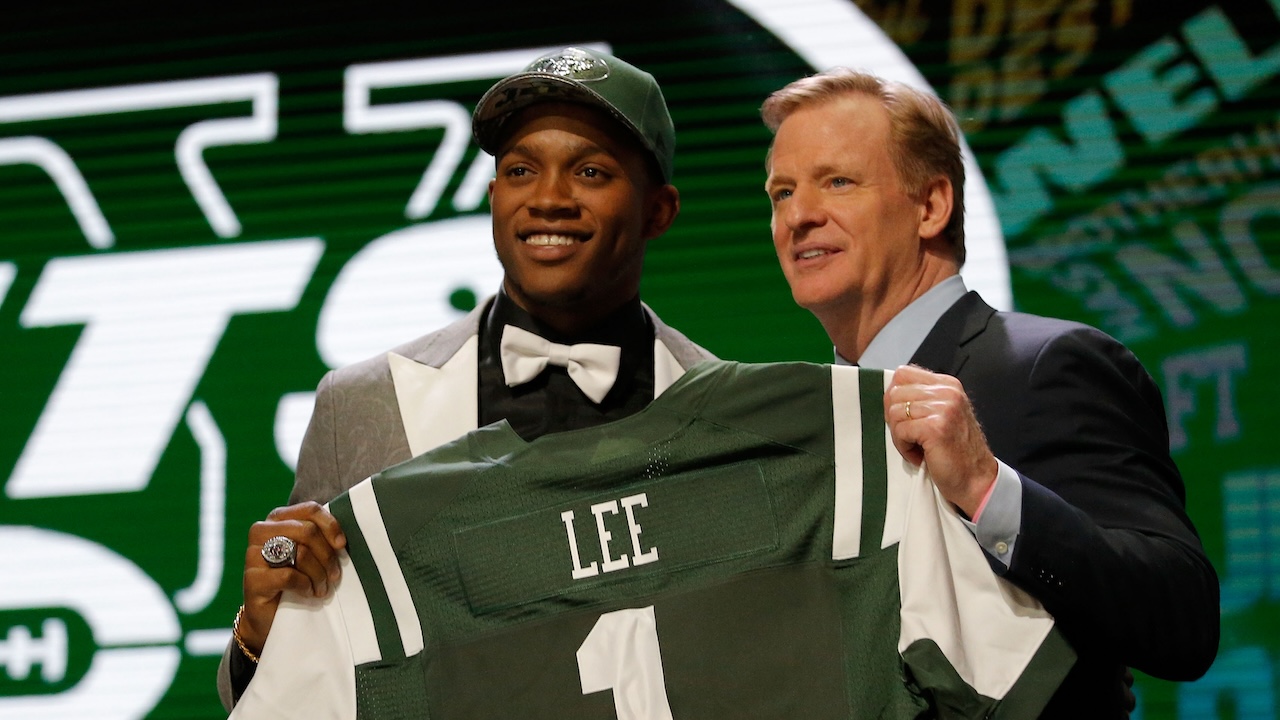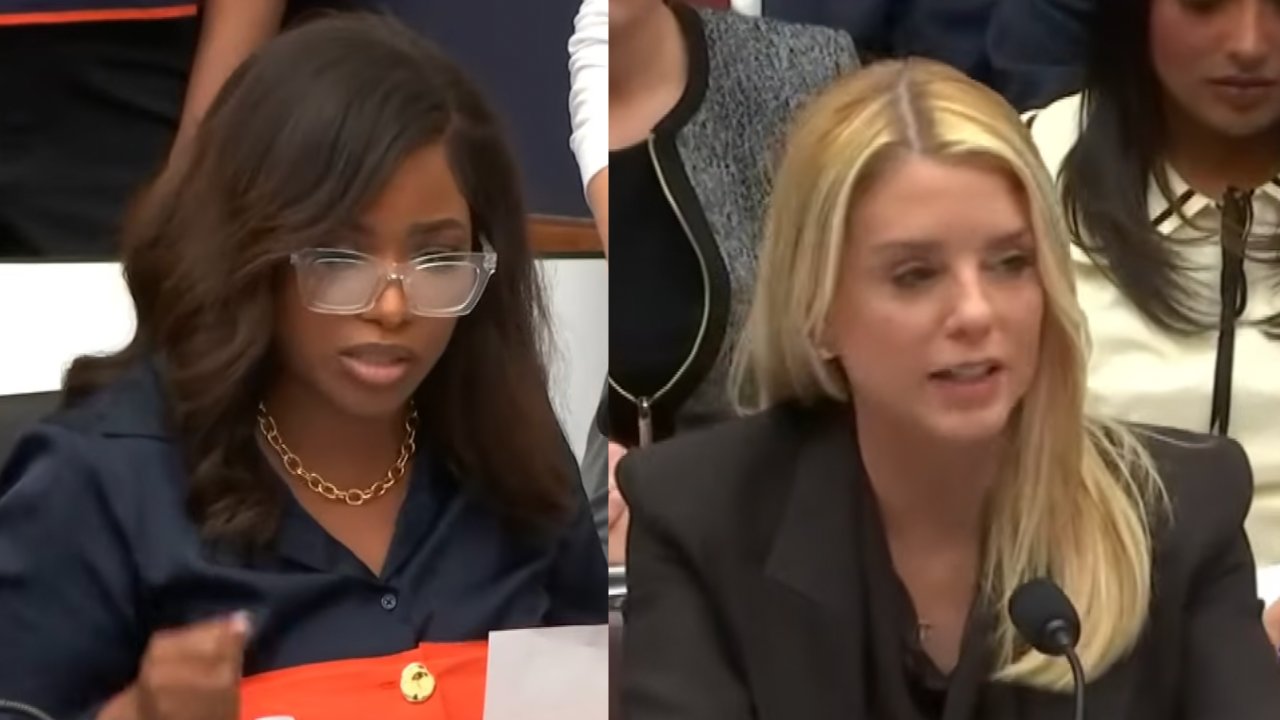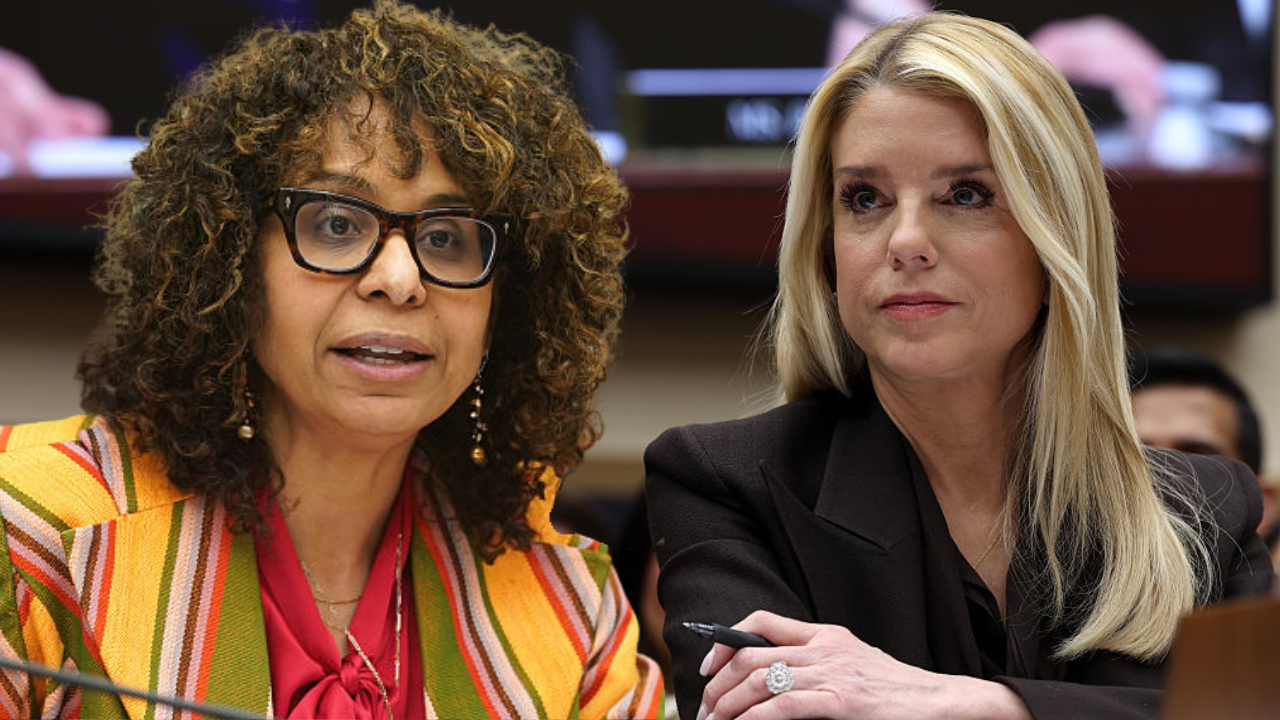Donald Trump supports Washington Commanders’ former name. He’s wrong

The next contentious remark President Donald Trump regrets, in his eyes, will be his first. Nothing is out of bounds for a commander-in-chief who has won, lost and re-captured the White House (and every other branch of government) all within the last decade. So when a reporter asked the 79-year-old about the Washington Commanders, his response wasn’t surprising, but it was indicative of the direction he’s hoping to steer the country’s moral compass.
“You want me to make a controversial statement?” Trump rhetorically asked when a reporter inquired if the Commanders should revert back to their original nickname “Redskins.”
The highly controversial team name was changed in 2020 in light of worldwide racial justice protests following the police murder of George Floyd. As far back as the 1960s, though, Native American activists criticized the team name and logo. This charge carried across decades, most famously when a reported 3,000 protestors picketed outside the Metrodome in Minneapolis ahead of Super Bowl XXVI in 1992 demanding the name be changed. (Washington would defeat the Buffalo Bills 37-24 in the franchise’s last championship.)
“I would. I wouldn’t have changed the name,” Trump said. “It just doesn’t have the same ring to me. But, you know, winning can make everything sound good. But I wouldn’t have changed the name.”
Much like any other relationship in his life, Trump’s history in the world of sports is complex and chaotic. In 2017, he attacked several NFL players — or as he called them then, “sons of b—,” who were protesting racial injustice, saying he wished the “privileged” millionaires would no longer earn a living if they continued to “disrespect our flag.” The adage then was to keep politics (or any human rights issues) out of sports. Eight years later, Trump injected himself, and by proxy, his job and politics, squarely into the conversation around sports.
Trump’s confrontational nature is par for the course. In a country with numerous high-profile conflicts and tragedies at any given moment, his approach has long been to create controversies to distract from others. And as it relates to the Commanders’ former name, two things can be simultaneously true. Longtime fans, in particular DMV residents, will openly express how much they miss the team’s former name. It became an undeniable and celebrated part of the city’s climate and culture as a multi-generational heirloom (the team just debuted a throwback uniform that pays homage to the team’s history). Yet, part of the decades-long debate around the name involved understanding the racial politics behind it.
The face of the debate came to be former team owner Daniel Snyder, an exiled curmudgeon whose name often evokes disdain whenever mentioned in the nation’s capital. Even when many human rights groups and Native Americans explained to Snyder the racial epitaph’s history he doubled down.
In one of the more infamous moments in Monday Night Football history, Snyder brought a group of Navajo Code Talkers, who fought in World War II, on the field during a commercial break. By then, the angst toward the team’s name had long reached a national conversation. This was Snyder’s proverbial middle finger to his critics by symbolically saying, “I have Native American friends, too, and they’re comfortable with me making millions off this.” A year later, Snyder created a foundation that would support American Indian tribes, a move that was criticized as living “somewhere between a PR assault and bribery.”
G Fiume/Getty Images
Washington, D.C., is no stranger to professional team names being lightning rods for polarizing discourse. In 1997, the Washington Bullets became the Wizards. Although the team wasn’t the cause of the city’s high crime rate, former owner Abe Pollin sought to distance the franchise from the district’s negative connotation as the “murder capital.” The difference with Snyder was his team’s moniker and the mascot were a direct affront to an entire group of people.
As Snyder drove the once proud fanbase to the brink of abandonment — Washington went 164-220-2 during his nearly quarter-century tenure as owner — the conversation around the name grew more and more intense. Despite the franchise’s history as the last NFL team to integrate in 1962 (under then-owner George P. Marshall) and finding itself at the center of another racial tidal wave in 2020, Snyder, as he had been for years, was fiercely defiant.
Here was a billionaire who didn’t seem to care much about the product on the field or the “toxic culture” inside his own organization, and his eternal legacy is remembered by the outside forces that challenged him to examine his warped worldview.
Ironically, a similar sentiment exists when discussing Trump. This is why his statements about the Commanders and their previous name matters. In this case, what’s in a name is far more than a helmet sticker. It’s a name that harkens back to America’s barbaric treatment of Native Americans and the fight to have it removed. Under Trump’s leadership, his administration has made it abundantly clear that the only history worth mentioning is the history they deem acceptable. Everything else is an attack on a society currently undergoing a dynamic transformation many Americans have never seen in their lifetimes.
Peel back the layers of Trump’s statement, and therein lies that edict.
Snyder sold the franchise to a leadership group (which includes NBA icon and businessman Magic Johnson) led by billionaire Josh Harris for a record $6.05 billion in 2023. Under Harris — who confirmed earlier this year that the team would not change the name back to its previous one — the Commanders have found the success that seemed to consistently elude it under the shadow of Snyder.
Led by head coach Dan Quinn and NFL Offensive Rookie of the Year quarterback Jayden Daniels, the Commanders shocked the sports world last season by making its first NFC Championship since 1991. Is this the beginning of sustained excellence? Or is it merely a flash in the pan like the brief, yet euphoric era of quarterback Robert Griffin III? With last season’s success comes a brighter spotlight, a position the franchise has largely been immune to for the better part of 30 years. More eyes are on the team now, and with eyes come heightened expectations.
A specific set of eyes belongs to Trump. The franchise and the president haven’t been two ships passing in the night. Instead, they’re two economic entities that have both lived in the other’s orbits in 2025. Visiting the White House in May to celebrate the announcement of the NFL draft coming to D.C. in 2027, Harris called Trump the “ultimate Commander” — a gesture that was an obvious play to stay on the sunny side of a leader who specializes in grudges.
During the same meeting with the media that produced the aforementioned comment on the team name, Trump addressed the city’s battle with the D.C. Council over Mayor Muriel Bowser’s budget and the $1.1 billion taxpayer-funded stadium proposal (which would presumably come with an eventual Super Bowl hosting gig). Asked if he would step in to assist the team, Trump didn’t dismiss the notion.
“The federal government ultimately controls it,” he said, referring to the land RFK Stadium sits on. “I saw the plans. I saw the stadium. The owner’s a very good man. I know him a little bit, and it would be a great place for the NFL to be there, I can tell you that. So, if they want to negotiate a little bit tough, that’s OK with me.”
As it relates to Trump and the Washington Commanders, he longs for the past. It’s a past that comes with emboldening a controversial history, but such is part of the recipe for his political domination up to this point. Yet, ever the businessman, the franchise’s future is enticing.
Trump and the Commanders represent the latest example of the marriage (and, at times, salacious affair) between sports and politics. If the Commanders are to reach the heights they seem destined for, what happens on the field matters just as much as the negotiation tables. That includes remaining in good standing with the president of the United States. And while each relationship with Trump is different — see his partnerships with Michael Cohen, Elon Musk, and the United States Football League — loyalty in the Universe of Trump is far easier to conceive than to apply.
What's Your Reaction?
 Like
0
Like
0
 Dislike
0
Dislike
0
 Love
0
Love
0
 Funny
0
Funny
0
 Angry
0
Angry
0
 Sad
0
Sad
0
 Wow
0
Wow
0
































